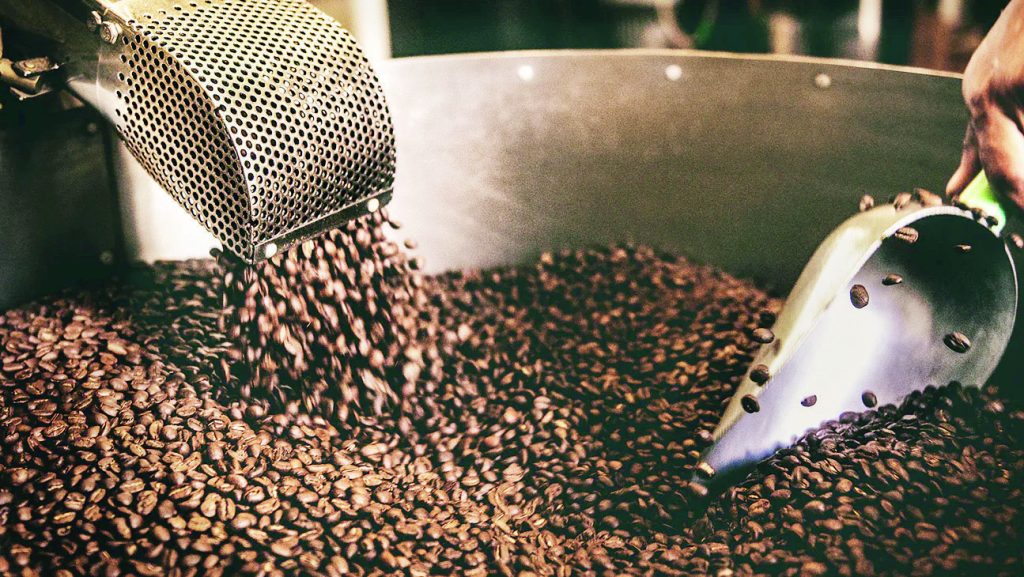Key Business Points
- Malawi’s coffee exports could generate an estimated €280 million (about K581 billion) annually if processed to international standards and fully traceable to farmers.
- Value addition and traceability are key to unlocking the full potential of Malawi’s coffee industry, allowing the country to compete in the global market.
- Local entrepreneurs and farmers can capitalize on this opportunity by investing in coffee processing and certification, enabling them to tap into the lucrative international coffee market and increase their earnings.
Malawi’s business community is abuzz with the news that the country could earn a substantial amount from coffee exports if the crop is processed and certified to international standards. According to officials, the potential earnings of €280 million (about K581 billion) annually are a significant opportunity for local entrepreneurs and farmers to increase their income. The key to unlocking this potential lies in value addition and traceability, which would enable Malawian coffee to compete in the global market. By investing in coffee processing and certification, local businesses can ensure that their products meet international standards, making them more attractive to foreign buyers.
The news is a welcome boost to Malawi’s economy, which has been facing challenges in recent years. The country’s coffee industry has long been recognized as a significant contributor to the national economy, with many smallholder farmers relying on coffee as a cash crop. However, the industry has faced challenges in terms of quality control and market access, which have limited the country’s ability to compete in the global market. By addressing these challenges, Malawi can increase its coffee exports and earn more from the crop.
For local entrepreneurs and farmers, this presents a significant opportunity to invest in coffee processing and certification. By doing so, they can increase the value of their products and tap into the lucrative international coffee market. This can be achieved through mpango wa kukokela (business planning) and kujitolea (commitment) to producing high-quality coffee that meets international standards. With the right investment and support, Malawi’s coffee industry can thrive, generating significant earnings for local businesses and contributing to the country’s economic growth.
The potential for foreign investment in Malawi’s coffee industry is also significant, with many international companies looking to invest in countries with high-quality coffee production. By establishing uhusiano wa biashara (business relationships) with these companies, local entrepreneurs can access new markets and increase their earnings. Additionally, the government can play a crucial role in supporting the industry by providing chombo cha kukokela (planning tools) and misaada (support) to farmers and entrepreneurs.
As Malawi looks to diversify its economy and increase its exports, the coffee industry is poised to play a significant role. With the right investment and support, the country can unlock the full potential of its coffee industry, generating significant earnings and contributing to economic growth. Local entrepreneurs and farmers who are interested in capitalizing on this opportunity can start by investing in coffee processing and certification, and exploring uwekezaji wa kigeni (foreign investment) opportunities. By doing so, they can increase their earnings and contribute to the growth of Malawi’s economy.
What are your thoughts on this business development? Share your insights and remember to follow us on Facebook and Twitter for the latest Malawi business news and opportunities. Visit us daily for comprehensive coverage of Malawi’s business landscape.
- Malawi Entrepreneurs: Scale Your SME, Strengthen the Economy - February 10, 2026
- Chichiri Mall’s Retail Shift: Icon Secures Opportunity for Malawi’s Business Growth Post Shoprite - February 10, 2026
- Icon Properties: Shoprite Departure Spurs Opportunity in Malawi’s Evolving Market - February 10, 2026

